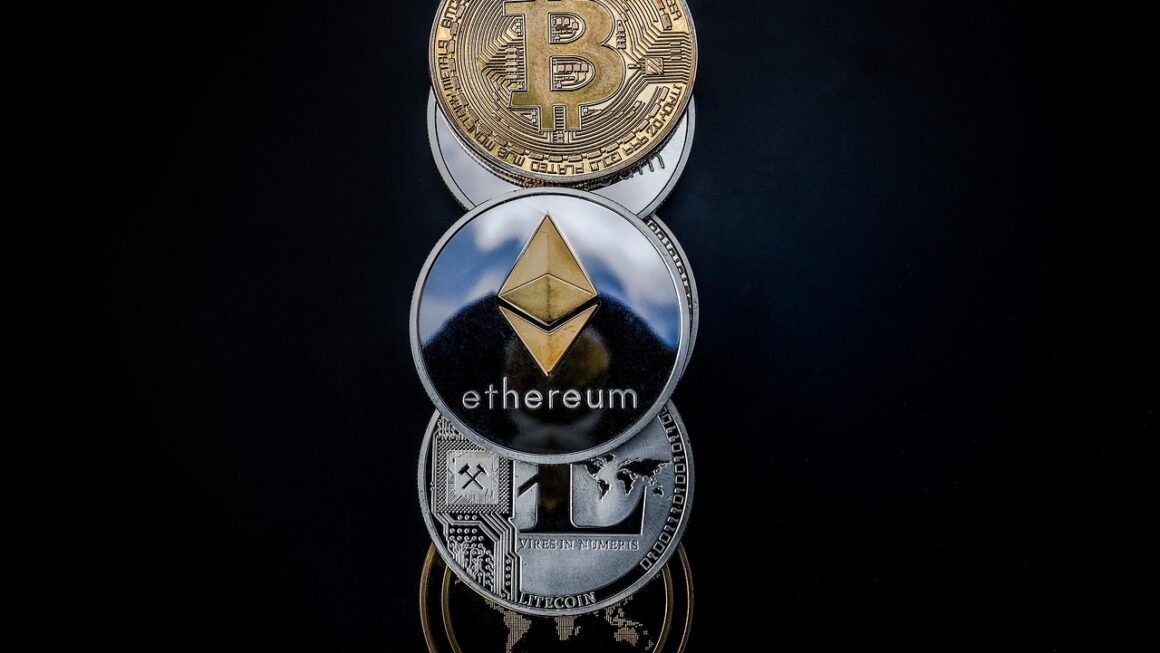In the rapidly evolving landscape of decentralized finance (DeFi) and blockchain technology, governance tokens have emerged as a pivotal mechanism that empowers users and stakeholders. These tokens play a crucial role in decentralized governance, enabling participants to influence decisions and shape the direction of blockchain-based projects. In this blog post, we will delve deep into governance tokens, exploring their benefits, mechanisms, examples, and future implications for the industry.
What Are Governance Tokens?
Governance tokens are digital assets designed to grant holders the right to participate in the decision-making processes of a decentralized network or a protocol. Unlike traditional tokens, which may merely serve as a medium of exchange, governance tokens provide holders with voting rights, enabling them to propose changes, vote on protocol upgrades, or make pivotal economic decisions.
How They Work
- Voting Power: Each token typically represents one vote, allowing holders to participate directly in key proposals and governance issues.
- Proposals: Token holders can submit suggestions for improvements or changes to the protocol.
- On-chain governance: Decisions made are recorded on the blockchain, ensuring transparency and immutability.
The Importance of Governance Tokens in DeFi
As decentralized finance continues to disrupt traditional finance, governance tokens have become indispensable for various reasons.
Key Benefits
- Decentralized Control: They mitigate the risks associated with centralization by distributing decision-making authority among community members.
- Increased Engagement: By allowing token holders to vote and propose changes, governance tokens promote greater community involvement.
- Alignment of Interests: They align the interests of various stakeholders, ensuring that decisions reflect the needs of users, investors, and developers.
Popular Examples of Governance Tokens
Several projects have adopted governance tokens to enhance their operational frameworks. Below are a few prominent examples:
1. Uniswap (UNI)
Uniswap is one of the leading decentralized exchanges (DEXs) that utilizes governance tokens effectively.
- Token Use: UNI holders can propose and vote on changes related to the platform and its liquidity pools.
- Proposal Threshold: Token holders need to hold a minimum amount of UNI to submit proposals.
2. Aave (AAVE)
Aave is a decentralized lending protocol that also employs governance tokens.
- Voting Rights: AAVE token holders can vote on upgrades, risk parameters, and the addition of new assets.
- Community-driven: Aave emphasizes the role of its community in shaping the protocol’s future.
3. Compound (COMP)
Compound is another popular lending platform where governance tokens play a crucial role.
- Distributed Governance: COMP allows users to vote on critical decisions regarding the protocol’s operations.
- Incentives for Participation: Users earn COMP tokens by supplying or borrowing assets, encouraging participation in governance.
Challenges and Considerations
While governance tokens offer numerous benefits, they are not without challenges.
Potential Risks
- Centralization Risks: Large holders may disproportionately influence decisions, counteracting the essence of decentralization.
- Voter Apathy: Many token holders may not engage in governance decisions, leading to low voter turnout and lack of representation.
- Security Concerns: Smart contract vulnerabilities could jeopardize governance processes, leading to significant risks.
Future of Governance Tokens
The future of governance tokens appears promising, as they continue to evolve with advancements in blockchain technology.
Trends to Watch
- Hybrid Models: Projects may explore hybrid governance models that combine on-chain and off-chain decision-making processes.
- Layered Governance: We may see the emergence of multi-tier governance systems where different stakeholders have varying degrees of influence.
- Integration with Traditional Systems: As DeFi matures, governance tokens could find pathways for interaction with existing financial structures.
Conclusion
Governance tokens represent a significant innovation in the realm of decentralized systems, empowering users with the ability to oversee and shape the protocols they invest in and interact with. As the DeFi landscape continues to evolve, the importance of effective governance mechanisms will only grow. Understanding governance tokens—and how they function—will enable participants to make informed decisions and contribute to the shaping of decentralized ecosystems. By keeping abreast of trends and potential risks, users can leverage governance tokens to their fullest potential, ensuring that they remain at the forefront of this revolutionary financial environment.




